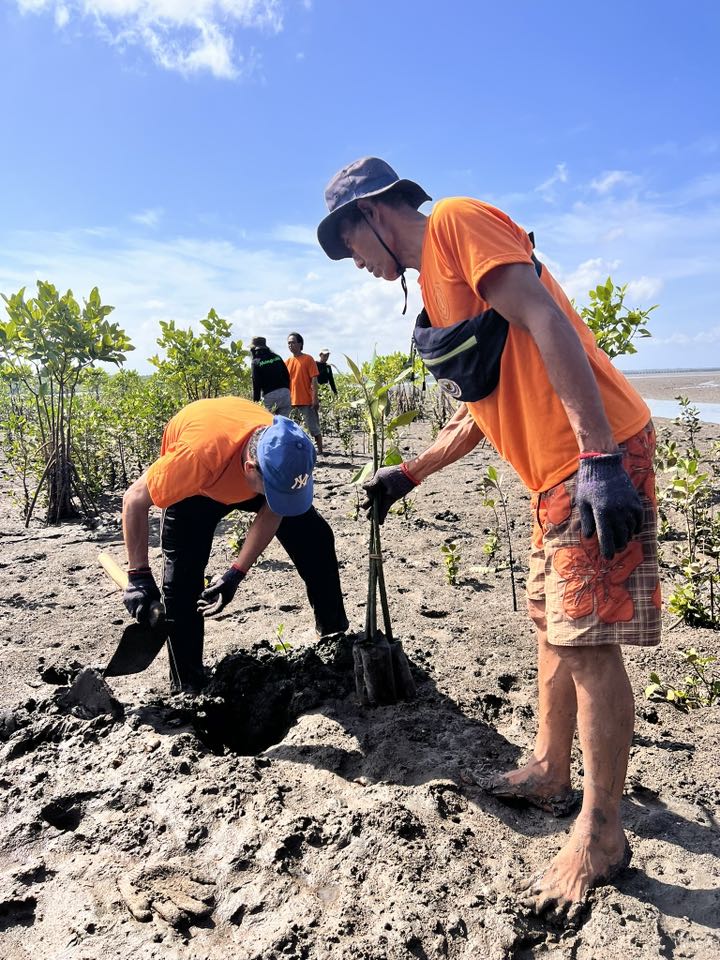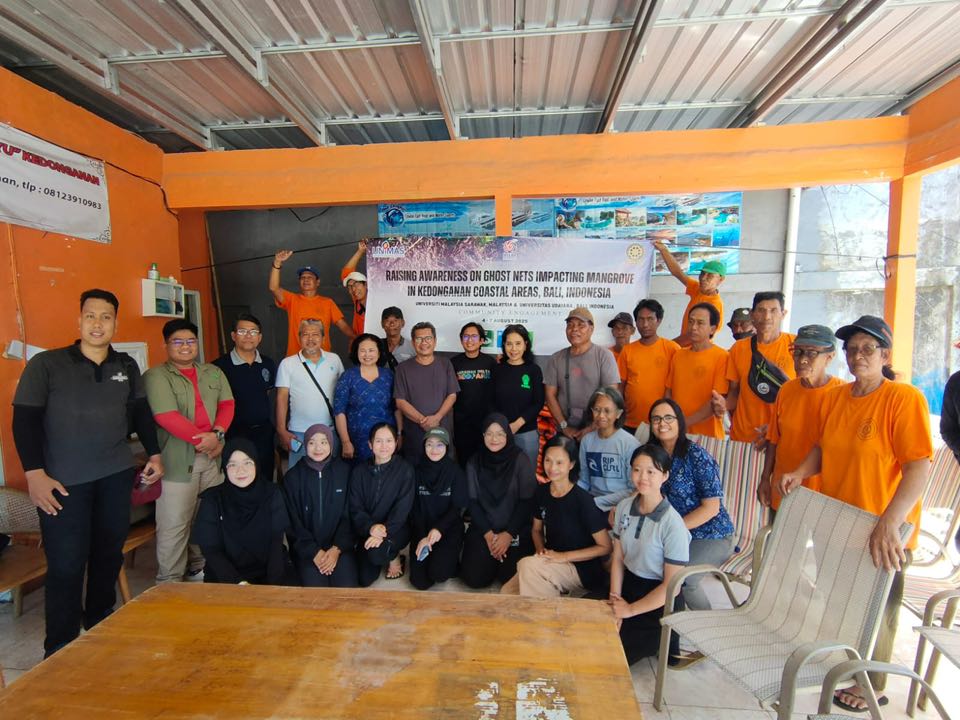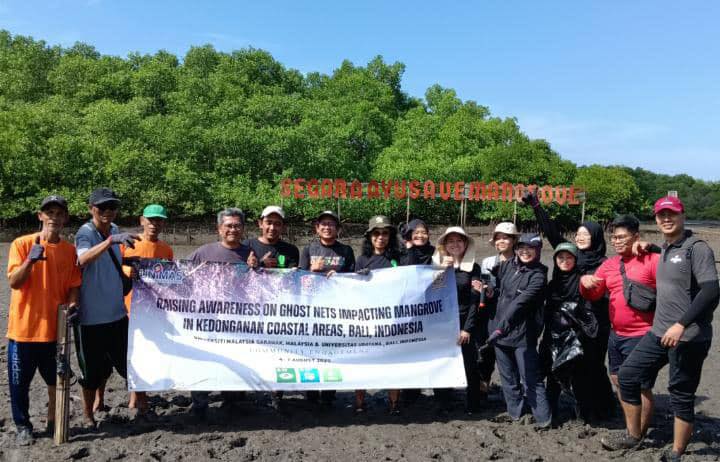
Denpasar, Bali, 5 August 2025 – Universiti Malaysia Sarawak (UNIMAS) continues to demonstrate its commitment to advancing the Blue Economy agenda in the ASEAN region, most recently through a community engagement initiative with the fishermen of Segara Ayu, Bali. The activity, conducted in collaboration with Universitas Udayana (UNUD), focused on tackling the issue of ghost nets, which is a significant threat to marine biodiversity and coastal livelihoods.
The program mobilised UNIMAS and UNUD students and academics alongside local fishermen to remove abandoned fishing gear that endangers marine life and disrupts fisheries. Complementing this effort, participants also engaged in mangrove rehabilitation by replanting along degraded coastal stretches, reinforcing natural coastal defences against erosion while enhancing carbon sequestration.
Professor Dr. Khairul Adha A. Rahim, Lead Investigator of the initiative, emphasised the importance of linking science with community action, “Through hands-on activities such as ghost net removal and mangrove replanting, we are not only supporting local fishermen in Bali but also empowering our students to apply knowledge for real-world impact. This reflects UNIMAS’s vision of driving sustainable development through education, research and regional collaboration.”
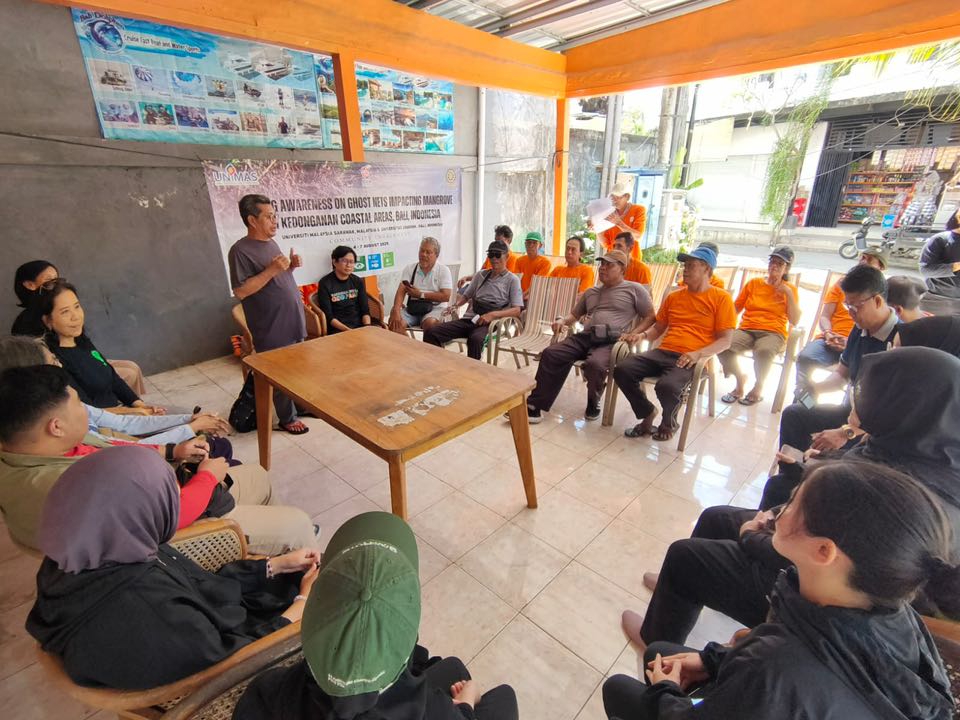
Prof. Ir. Dr. Ida Ayu Astarini, Coordinator of the Study Program at UNUD Postgraduate School, welcomed the collaboration as a significant milestone for regional sustainability efforts, “The partnership between UNUD and UNIMAS strengthens our shared mission to support coastal communities while protecting fragile ecosystems. By engaging students directly in conservation and rehabilitation work, we are building future leaders who can balance development with environmental stewardship, an approach much needed across ASEAN’s island and coastal regions.”
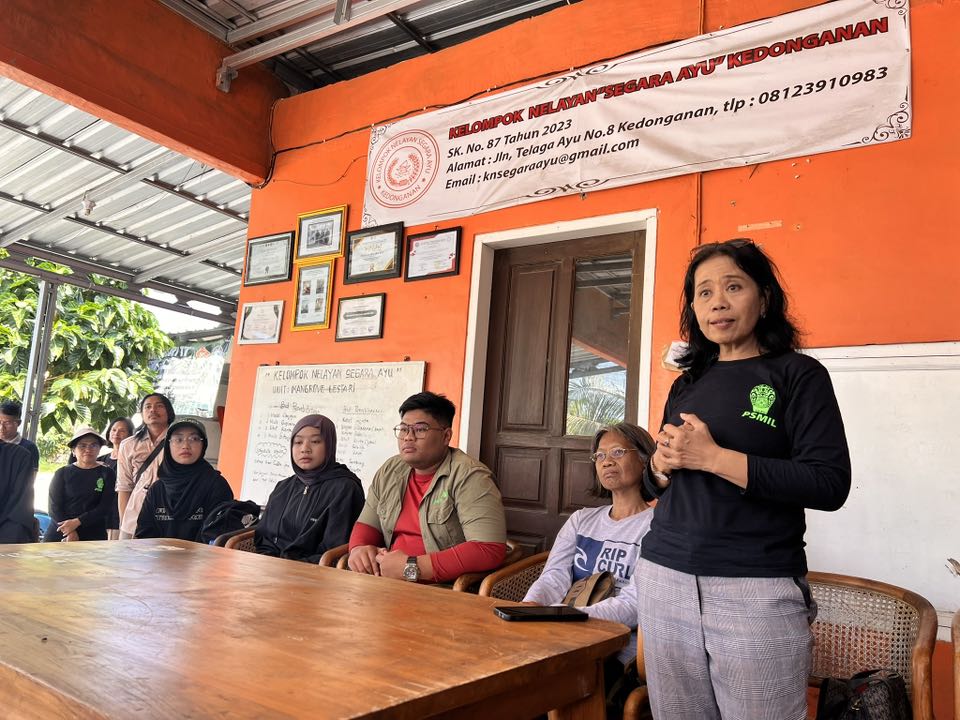
This initiative is not the first of its kind. Through the Aquatic Resource Science and Management Programme, Faculty of Resource Science and Technology, the university has previously spearheaded student mobility and Global Service Learning Malaysia (SULAM) project with coastal communities in Pontianak, Indonesia, in collaboration with Universitas Tanjungpura (UNTAN). The expansion to Bali marks a deliberate effort to scale impact across major islands in the region, especially those grappling with the twin challenges of tourism pressure and environmental vulnerability.
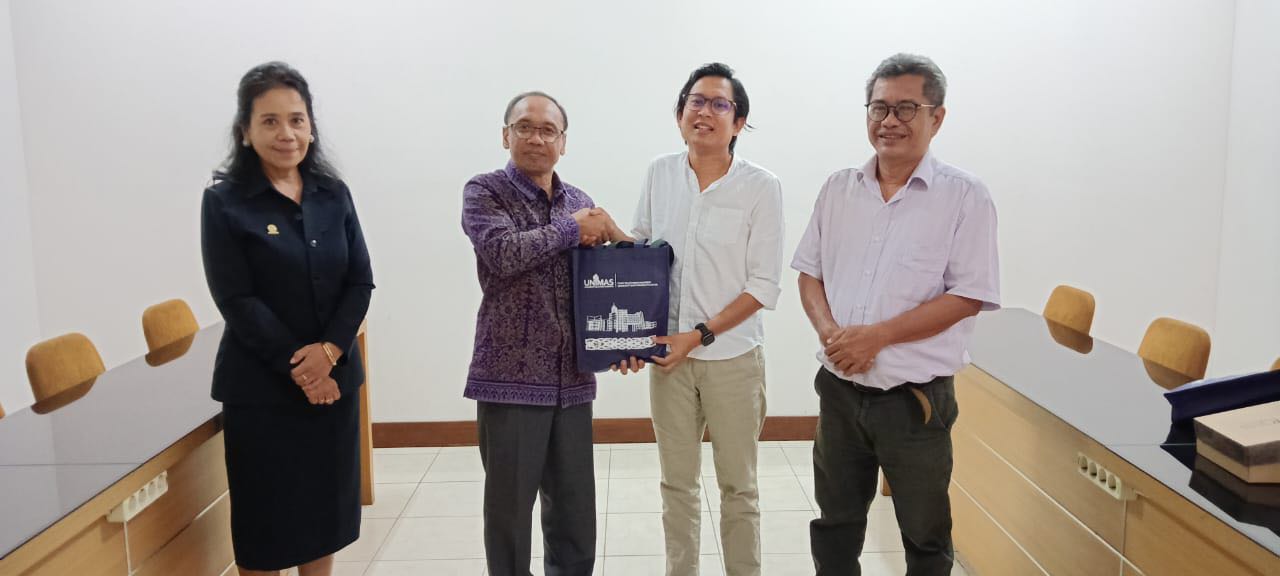
Deputy Director of Community Transformation at the University Sustainability Centre (USC), Dr. Ahmad Syafiq Ahmad Nasir, further highlighted the broader significance of this collaboration, “As Malaysia takes on the ASEAN Chair, UNIMAS is proud to align its regional engagement with national priorities. Our collaboration with UNUD is a clear reflection of the shared responsibility of higher education institutions in safeguarding vulnerable coastal ecosystems and empowering communities through the Blue Economy. This effort also resonates with Sarawak’s commitment to advancing the Blue Economy and Blue Carbon initiatives, particularly through mangrove rehabilitation and marine conservation under the Sarawak Biodiversity Masterplan and PCDS 2030.”
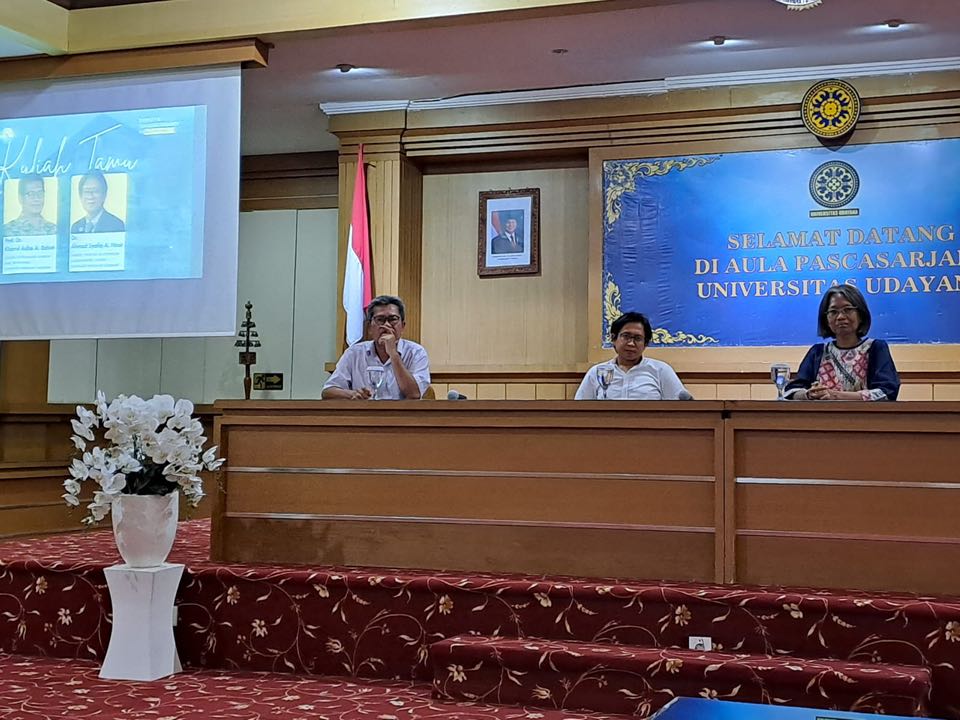
A UNIMAS student, Nursuhadah Sarmani, reflected on the experience,“Working side by side with the fishermen and local community in Bali opened my eyes to how environmental issues are directly tied to people’s lives. Removing ghost nets and planting mangroves wasn’t just an activity, but it gave me a sense of responsibility as a young scientist to contribute to solutions that matter for both nature and communities and how collective action can make a real difference.”
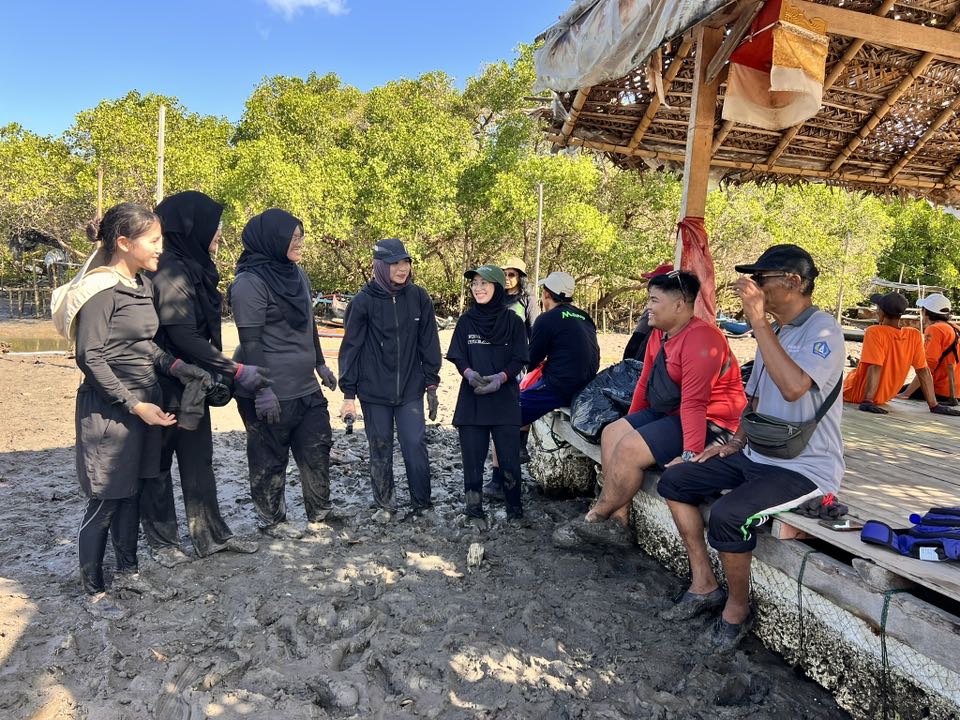
By combining research, student engagement and community-based action, UNIMAS is directly contributing to the objectives outlined in the Sarawak Biodiversity Masterplan and Post COVID-19 Development Strategy (PCDS) 2030, which emphasize biodiversity conservation, sustainable resource use and the development of the Blue Economy as key pillars for socio-economic growth.
The Bali initiative highlights UNIMAS’s positioning as a regional hub for sustainability-driven knowledge exchange, leveraging partnerships across ASEAN to create meaningful impact for communities and ecosystems alike.
